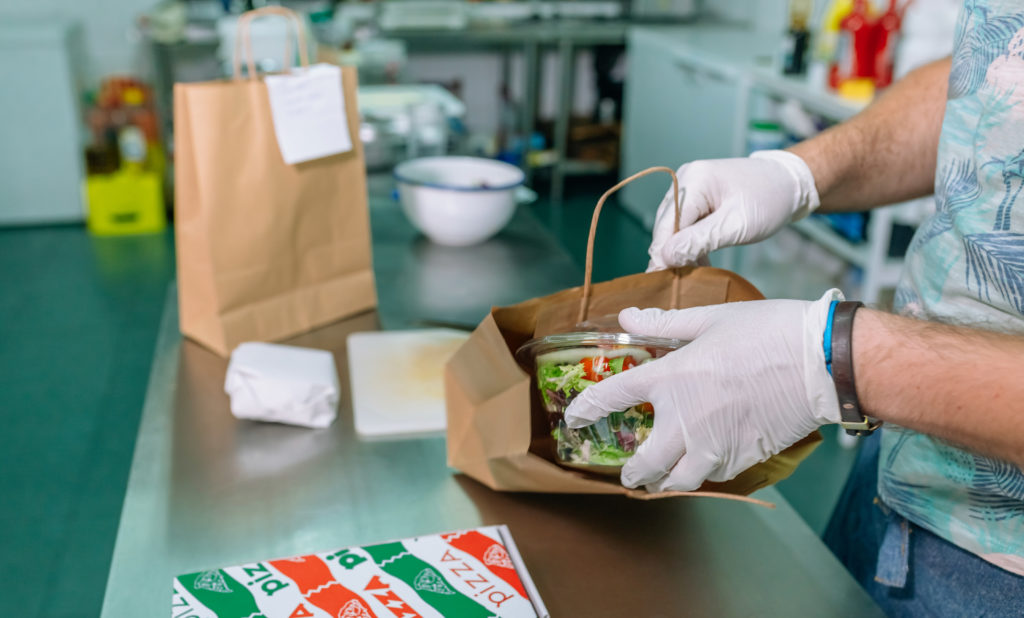A recent review published in the Journal of Public Health Management and Practice revealed the challenges of conducting retail food inspections during the COVID-19 pandemic, as well as lessons learned regarding food safety best practices. The review explains how local health departments can prioritize retail food regulations if unprecedented public health emergencies occur in the future.
Routine food safety inspections experienced significant disruptions throughout the pandemic. Reduced staffing along with shifting priorities from the pandemic posed serious challenges for maintaining food safety best practices and made it difficult for local health departments to conduct routine food safety inspections.
A contamination at a retail establishment has the potential to greatly impact public health. That’s why it’s crucial that these inspections are performed on a regular basis in order to promote safe food consumption and prevent foodborne illness outbreaks. Not long into the pandemic, it became increasingly important to explore ways to overcome these challenges.
Related: What Does the FDA Registration Renewal Process Entail for Food Manufacturers?
The review identified five key areas of difficulty that impacted food safety best practices at the local level during the pandemic:
- Difficulty prioritizing routine food safety inspections: The National Association of County and City Health Officials (NACCHO) reported difficulties among local health departments in prioritizing routine retail food regulatory actions due to staff being pulled for pandemic response activities and generally insufficient staffing.
- Challenges with conducting virtual inspections: NACCHO reported hesitancy in adopting virtual inspections due to mistrust in technology’s ability to function, lack of precedent and varied virtual inspection rules between jurisdictions.
- Distrust of public health: According to the Robert Wood Johnson Foundation, approval of the US public health system declined from 43 percent to 34 percent between 2009 and 2021, in part due to the pandemic.
- Inspectors facing threats and harassment: A NACCHO survey found that 335 of 583 local health departments reported a total of 1,499 incidents of harassment between March 2020 and January 2021.
- Challenges with contact tracing and tracing foodborne illness outbreaks: At the height of the pandemic, 41 percent of individuals surveyed by the Pew Research Center responded that they would not participate or would not be likely to participate in contact tracing activities if called by a local health department representative.
Moving forward, the review also identified strategies to ensure that food safety best practices are upheld. First, fostering communication and positive relationships with foodservice establishments is critical for local health departments to better prepare for conducting food inspections during a public health emergency. Rebuilding trust can be done through clear messaging, collaboration and stakeholder inclusion in decision-making.
While virtual inspections were not prioritized throughout the pandemic, the review also suggests improving efforts to conduct them by bettering technology use, shifting from regulation to education and reframing interactions between regulators and foodservice workers. The review included a fact sheet developed by NACCHO’s Food Safety Workgroup with suggested strategies to conduct effective virtual inspections.
Local health departments also stressed the importance of conducting a “hotwash,” or an immediate evaluation of performance, following a major event. The report suggested creating a hotwash template to help local health departments identify failures and successes regarding their operations during the pandemic.












Join or login to leave a comment
JOIN LOGIN